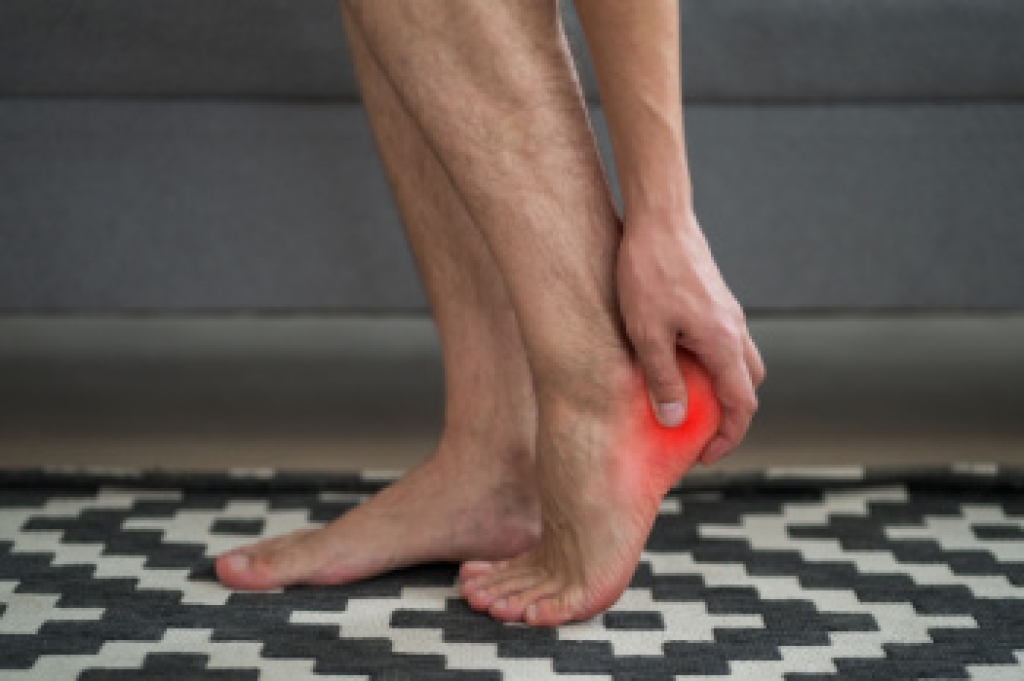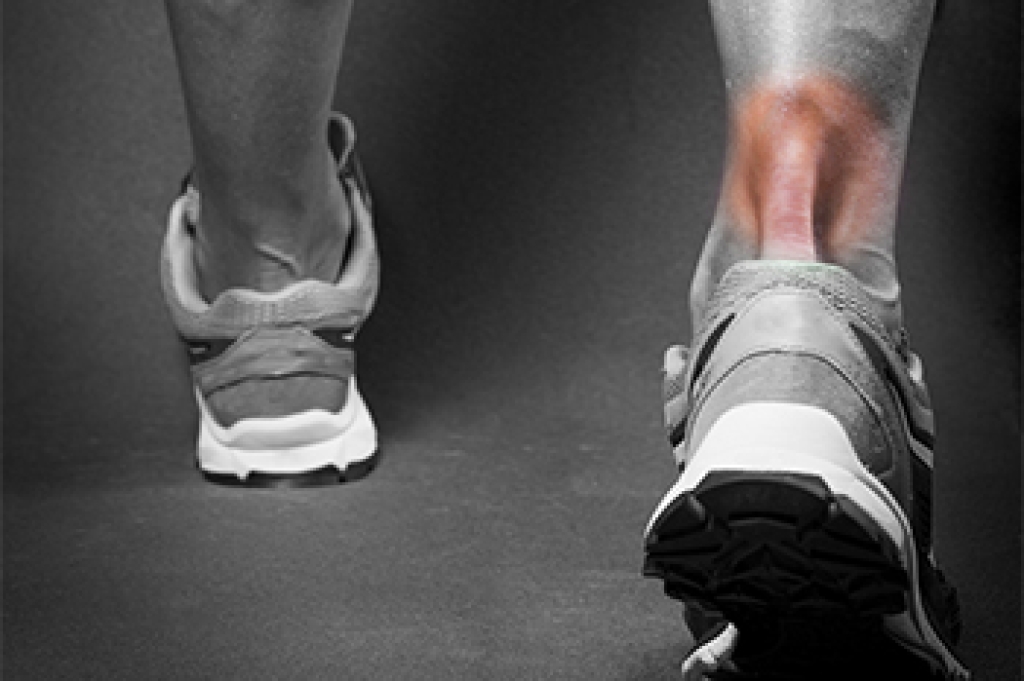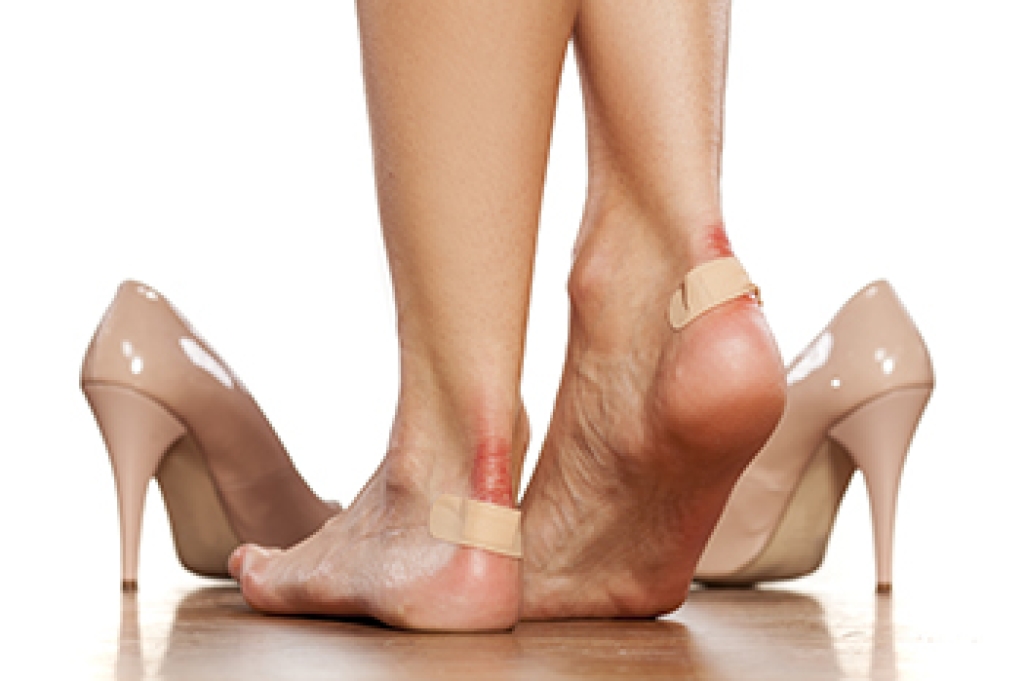
Foot pain linked to sciatica occurs when the sciatic nerve, which extends from the lower back to the feet, becomes compressed or irritated. This compression disrupts nerve signals, causing pain that can radiate into the heel, arch, or toes. People often notice tingling, burning, or numbness on the top or bottom of the foot, and some experience weakness when standing on their toes or lifting the front of the foot. The discomfort can worsen when walking, wearing shoes that lack adequate support, or standing for long periods. A podiatrist can evaluate whether the source of pain is nerve-related or due to another foot condition, such as plantar fasciitis or tarsal tunnel syndrome. Diagnostic imaging and nerve testing can help confirm the cause. Treatment may involve orthotics, shoe adjustments, or surgery if nerve compression is severe. If you have symptoms of sciatica-related foot pain, it is suggested that you make an appointment with a podiatrist for a diagnosis and suggested treatment.
When dealing with systemic disease of the feet, it is extremely important to check the affected areas routinely so that any additional problems are caught quickly. If you have any concerns about your feet and ankles contact Mark Isenberg, DPM from Center for Podiatric Excellence. Our doctor will assist you with all of your podiatric needs.
Systemic Diseases of the Feet
Systemic diseases affect the whole body, and symptoms usually are displayed in the feet. This condition can make a patient’s ability to walk unbearable. Systemic diseases include gout, diabetes mellitus, neurological disorders, and arthritis.
Gout – is caused by an excess of uric acid in the body. Common symptoms include pain, inflammation, and redness at the metatarsal/phalangeal joint of the base big toe. Gout can be treated by NSAIDs to relieve pain and inflammation, and other drugs that lower the acid levels in the body.
Diabetes mellitus – is an increase in the level of blood sugar that the body cannot counteract with its own insulin. Failure to produce enough insulin is a factor in Diabetes.
Diabetes of the Feet
Diabetic Neuropathy – may lead to damaged nerves and affect the feet through numbness and loss of sensation.
Peripheral Vascular Disease – can restrict the blood flow to the feet, and often times lead to amputation of the feet.
If you have any questions please contact our office located in Pensacola, FL . We offer the newest diagnostic and treatment technologies for all your foot and ankle needs.




